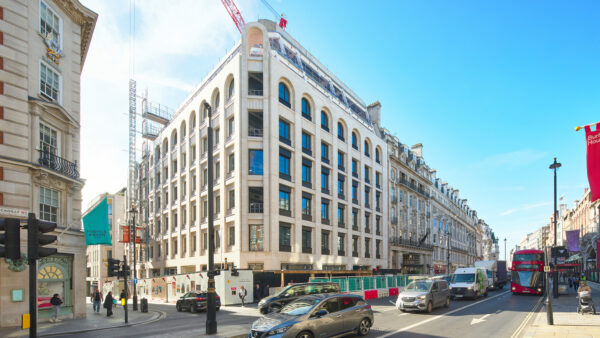
Moving butts from ashtrays to asphalt would help the environment, say researchers (Jgade/Dreamstime)
Academic engineers in Australia are calling on governments and the construction industry to start paving roads with cigarette butts to stop their toxic chemicals leaching into rivers and oceans.
Trillions of butts are produced every year worldwide, they say, with most discarded into the environment. They take ages to break down while their toxic chemical load is released.
The team from RMIT University, led by senior engineering lecturer Abbas Mohajerani, said it had found a way to mix cigarette butts in asphalt. The new material would pave roads and lock the poisons in.
Testing showed the roads would not only be able to handle heavy traffic but the compound would also reduce heat conduction, which in turn would help reduce the urban heat common in big cities, researchers said.
Around the world, 1.2 million tonnes of cigarette butt waste is created each year. That is expected to increase by more than 50% by 2025 as the world’s population grows.
“Cigarette filters are designed to trap hundreds of toxic chemicals and the only ways to control these chemicals are either by effective encapsulation for the production of new lightweight aggregates or by incorporation in fired clay bricks,” said Mohajerani, who won acclaim last year for his research in recycling cigarette butts in bricks.
Smokers in Melbourne put about 9 million cigarette butts into landfill each year, prompting the local council to ship some of them overseas to be turned into furniture, ABC reported.
Mohajerani said the study, published in the journal Construction and Building Materials, involved the use of bitumen and paraffin wax to prevent chemicals escaping from the cigarette butts.
He said if cigarette butts were used in roads on a large scale in Australia, toxic litter could be dramatically reduced.
Read the RMT release here.











